12 traps to avoid if you go on vacation to certain exotic destinations
Exotic destinations, with the turquoise blue water, white sand, and coconut trees attract many tourists. You have to agree that the postcard setting literally makes you dream. Nature has put all its best attributes in tropical locations. But beware, these idyllic destinations aren’t without their risks. Indeed, if you don’t take some precautions, your dream vacation could turn into a nightmare...
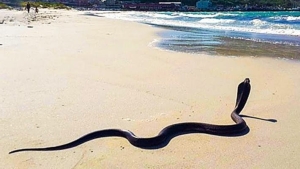
Here are 12 traps to avoid if you want to make the most of your vacation in the tropics.
1. Beware of beautiful sea creatures
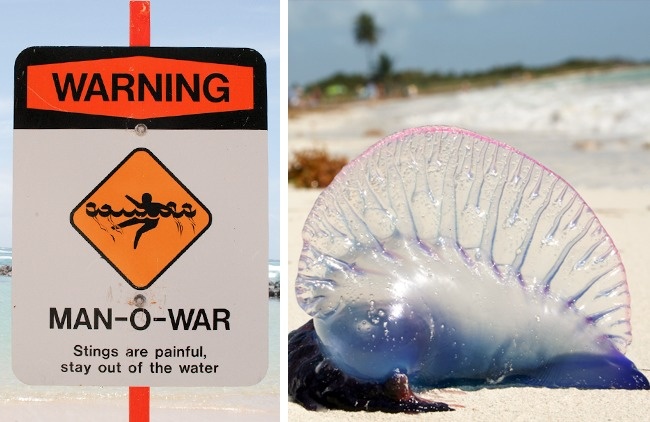
(C) wikimedia (C) Towle N/flickr
Are you at ease in the warm waters of the tropics? Know that you are not alone! There’s a reason divers enjoy going below the surface. It’s teeming with little fish, coral, and other wonders. You should know that some of these creatures are dangerous. This is why it’s important that young and old protect their feet with special shoes. This will prevent the wildlife from spoiling your day at the beach. Also, be careful with jellyfish.
Of course, avoid swimming where there’s a red flag or outside areas that are monitored.
This applies in particular to destinations in Africa, Asia, and Australia.
2. Rip currents
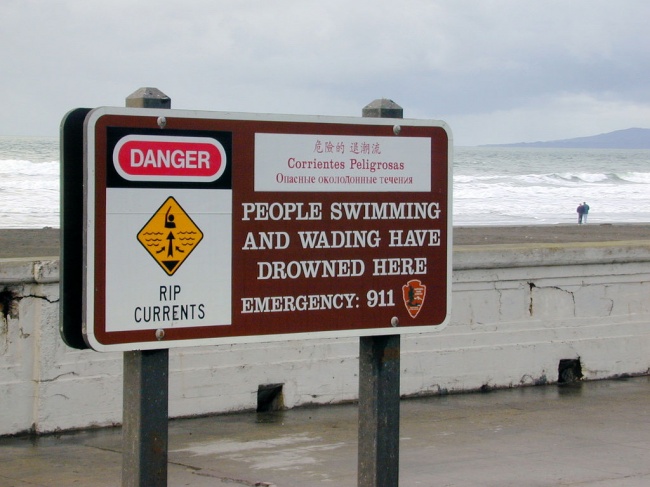
The ocean is an indomitable force. And everyone can struggle. There are many currents. Because of this, swimming on unsupervised beaches is a real danger. Some currents can carry you out to sea in just a few minutes. This is all the more true if you fall asleep on a float or a small canoe. If, unfortunately, such an unfortunate event happens to you, avoid fighting it. Just swim parallel to the beach. The currents will lessen after a while and you can get back to the shore more easily. Be very vigilant with kids.
This applies to all the seas and oceans of the globe.
3. Mosquitoes and other pests
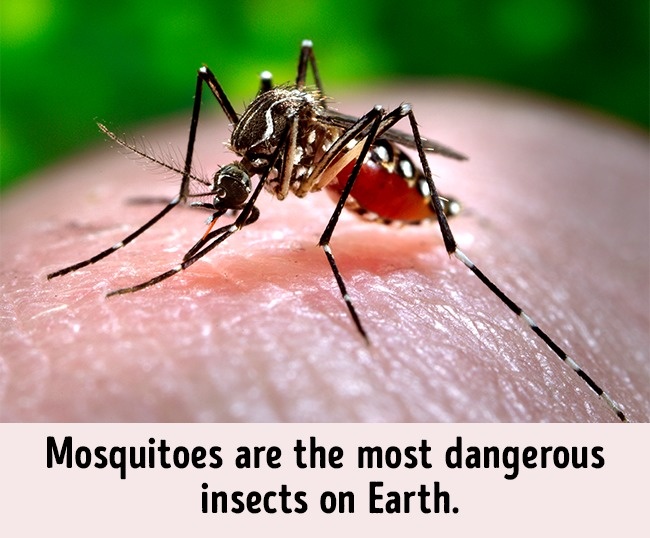
(C) Oregon State University/flickr
In the tropics, there are more mosquitoes than humans. These pests, in addition to causing terrible itching, can also transmit serious diseases like Zika. Although some countries require vaccinations against malaria, yellow fever, etc., others give you the choice. It’s best to get these vaccines, especially if you are traveling with your children. There are also bombs to repel mosquitoes. These work relatively well. Read the instructions to keep your kids safe.
You are particularly in danger if you are going to Africa, South America, or the Caribbean.
4. Shark attacks

Rest assured, sharks rarely swim along beaches. Attacks, although frequent, occur only under certain conditions. If you like to swim or dive offshore, avoid doing so if you are injured. A shark can smell blood for miles around. Although they can’t see very well, they are very aware of contrasts in color. Because of this, you should avoid brightly-colored or fluorescent swimwear.
Sharks are most commonly found on the coasts of the Pacific, Atlantic, and Indian Oceans.
5. Street food
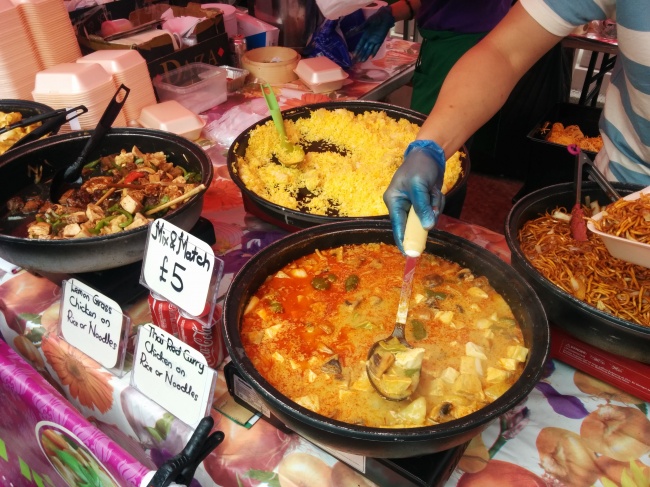
In African or Asian countries, many street vendors will offer meals prepared right in front of you. The aromas, the colors, and the kindness of the people will surely make you want to try it. Be careful though: these types of foods are not suitable for all stomachs. The dishes are often very spicy, sometimes even inedible for Westerners. If you don’t want to spend the end of your vacation in your hotel’s bathroom, consider asking for a less spicy dish. This is also true for restaurants.
6. Beware of drinking water
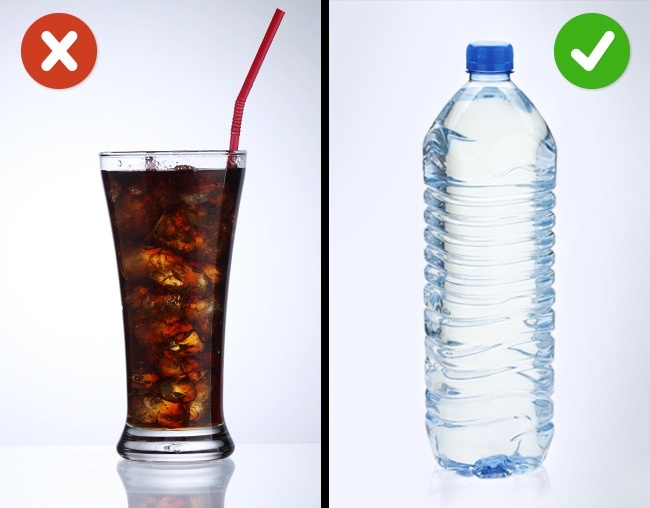
(C) depositphotos (C) depositphotos
Tap water is not drinkable everywhere in the world. Many tourists already know this. But don’t forget that the ice cubes served in your drinks at the bar may have also come from tap water! Most hotels offer bottled water in the rooms, but if you go "all inclusive," be careful with the drinks. If you’re staying in an Airbnb type of accommodation and you cook, wash your vegetables and cook your pasta or rice with bottled water. Also remember this when you brush your teeth!
This applies to Asia, Africa, the Caribbean, India, etc.
7. Beware of certain plants
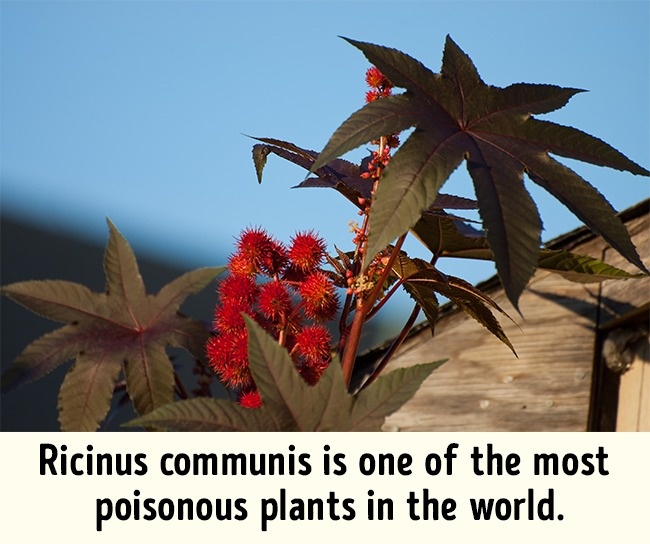
Plant lovers risk falling under the charm of many plants and flowers during their travels. But be careful, some of them can be very dangerous to your health. If you’re not an expert or accompanied by a guide, avoid touching, picking, and sometimes even smelling some flowers or plants.
This advice applies particularly in Asia, Africa, Australia, and South America.
8. Protect yourself from the sun
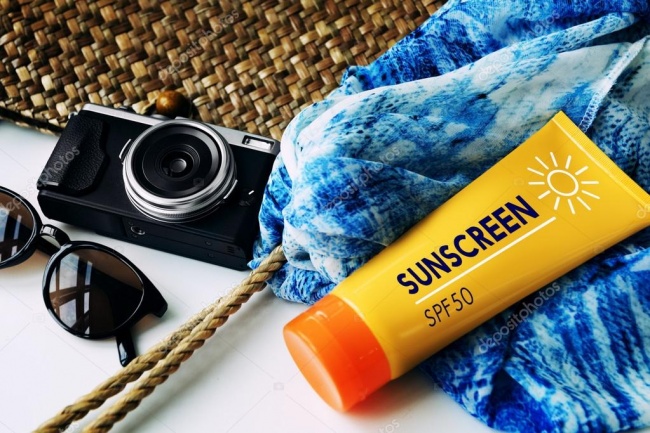
It can be very nice to travel where it’s warm, especially when winter rears its ugly head at home. However, the sun’s rays are more direct near the tropics than they are at home. Protect yourself with a sunscreen that has a high SPF to avoid sunburn and possible skin cancer. Whether you go to the beach, to the pool, or even for a walk, protect your skin as well as your children’s. Light linen or cotton clothes are also very effective, but they shouldn’t replace sunscreen.
Be careful if you are traveling in Asia, Australia, Africa, the Caribbean, or the Indian Ocean.
9. Monkeys
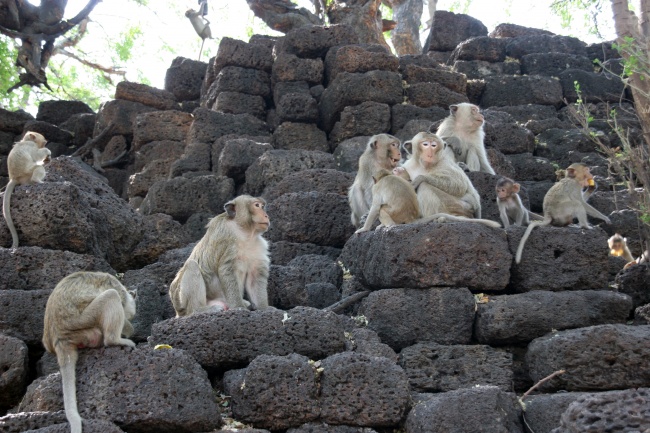
Numerous in Asia, monkeys roam totally free in the streets and in forests in tourist areas. Although they may be harmless, they can become aggressive, especially if you refuse to give them food. They also like bags, cameras, and anything shiny, like jewelry. Attach your camera to your wrist with a cord, close all bags, and avoid posing for pictures with them. These little primates are very intelligent and quick!
Be careful if you travel in Asia!
10. Pay attention to reptiles and spiders
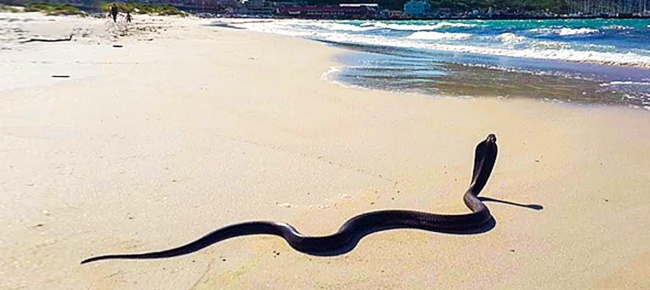
If you like hiking and want to take a trip in the rainforest, pay attention to snakes, crocodiles, and spiders. These animals attack only in self-defense, so if you see one, avoid bothering it. Go around it or turn back, without any shouting or sudden movement. Also pay attention to ants: their bites can be extremely painful!
Destinations at risk include Asia, Africa, and Australia.
11. Theft
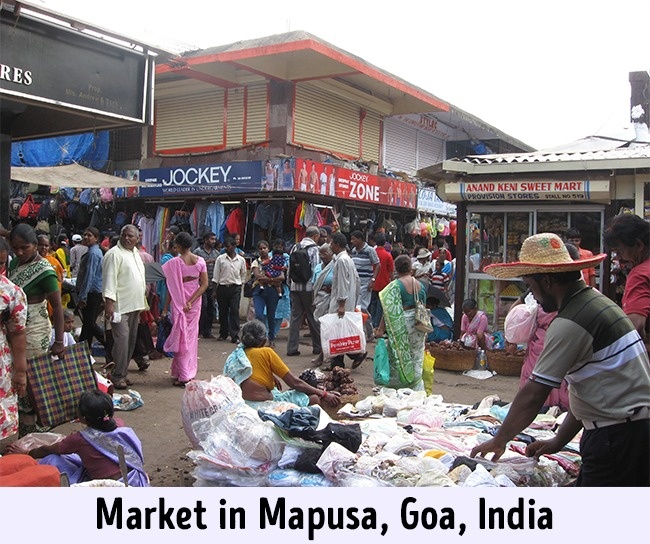
It goes without saying that tourists recognizable from a distance! And some very touristic destinations are susceptible to theft. In Asia, Africa, and South America in particular, all bets are off. So avoid walking with flashy jewelry, a large amount of money, or your credit card. The more people there are, the more vulnerable you are. So, keep your money on you and not in your backpack.
12. Rules of the road
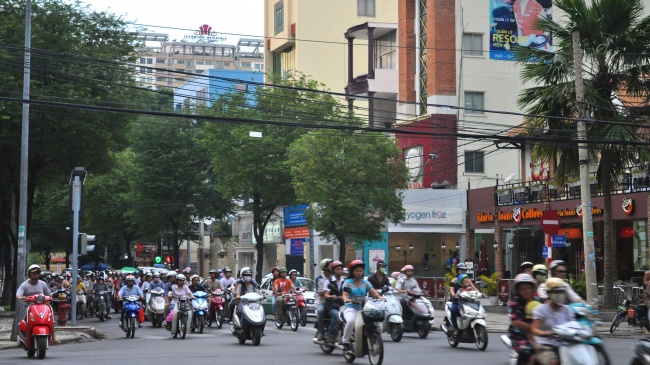
Depending on the country where you’re traveling, the traffic laws may be different. Signs may not exist, in which case drivers use their own signals by gesturing or whistling. Sometimes the traffic is so dense, it is better to take a taxi. If you are renting a vehicle in a foreign country, be sure to become familiar with the local highway laws. As a pedestrian, this is also true: in some countries, you have the right of way, while in others, you don’t want to cross the street unless it’s completely clear!
Be especially careful when traveling to Southeast Asia, India, and Egypt.

By Straker Julia
Writer
Passionate about writing, I write articles on the subjects that I love. Creativity and Animals themes are my favorites!


